Welcome to Polymathic Being, a place to explore counterintuitive insights across multiple domains. These essays explore common topics from different perspectives and disciplines to uncover unique insights and solutions.
Today's topic digs into a powerful Mixed Mental Arts concept that underpins Polymathic Being: the ability to Learn, Unlearn, and Relearn. We’ll look at what each of these concepts means and how to unlock incredible capabilities when you weave them together.
Intro
Futurist Alvin Toffler once said, “The illiterate of the 21st century will not be those who cannot read and write but those who cannot learn, unlearn, and relearn.” It’s such a powerful concept that I’ve made it the core of Polymathic Being. It stands as a reminder that while I’m also aspiring to learn across domains and disciplines, I also need to ensure that I’m properly unlearning and relearning.
It’s a bit of a mental twist to fully understand the difficulties in learning, unlearning and relearning so let’s take a moment and break each step down and link in some of the concepts we’ve explored here before. First, let’s look at how we learn.
Learn
Learning is something we all understand as we’ve been doing it since we were born. We often think of learning as the function of a formal education system, a product of IQ, or worse, that learning isn’t continuous. I’ve met too many people who exemplify the adage “you can’t teach an old dog new tricks.” Learning should be continual as Einstein is attributed with saying, “The more I learn, the more I realize how much I don't know.” It’s a call to action; never stop learning
A second element to understand about learning is that humanity’s superpower is social learning. In the book The Secret to Our Success, author Joseph Henrich shows that a human toddler, a chimpanzee, and an orangutan have about the same intelligence in spatial visualization, quantities, and causality. But where humans are different is in social learning. That means building from what we see through mimicry through the intentional study of others and, even better, the intentional education of our children by others.
Tightly coupled with social learning is recognizing that our learning isn’t just about hoarding knowledge. Unlike the trite saying “Knowledge is power,” when we unlock continual learning and couple it with our superpower of social learning, we find that the more knowledge we can transfer, the more we help others learn, and the more we learn from that knowledge. This can be broken down into three steps:
Learn it - Understand the fundamentals and theory
Do it - Apply the theory to practice and learn from the results
Teach it - Learn how to break the concepts down so a novice can learn it.
Each step is another layer of learning that adds to our knowledge base and, even better, to your larger social knowledge base. I feel like I learn more when I’m teaching concepts, whether mentoring, coaching, or formally teaching as an Adjunct Professor. I learn a ton by helping others learn. Once we understand learning, we can focus on the more challenging concept of unlearning.
Unlearn
The ability to unlearn is probably the most difficult to master and the most counterintuitive. Recognizing an outdated or unuseful thing you’ve internalized and mastered takes humility. Unlearning isn’t easy, whether it’s archaic social norms, psychological studies that have been overcome, or even entire scientific disciplines that have been changed. It’s so difficult that Max Planck described the resistance to unlearning as: “Science progresses one funeral at a time.”
Thomas Kuhn also discusses this challenge in his book, The Structure of Scientific Revolutions, where he shows that science progresses from one paradigm to another not gradually, but in sharp and, often, generational shifts. Unlearning is incredibly difficult. Thankfully, there are two things we can do to help ourselves in this process.
Embrace your whitebelt. This means approaching what you know with the humility to accept that you might be wrong. The white belt also eschews all the ego of expertise that the blackbelt implies. It’s fun to remember that white isn’t a color; it’s the reflection of all visible wavelengths of light. Embracing your white belt means you open yourself up to new knowledge that helps you unlearn.
Learn how to become a legitimate critic of your own knowledge. As we wrote in Do You Really Think Critically:
To be a true critic requires mindfulness, that is, the ability to identify, sort, and challenge internal and external assumptions. A heuristic developed by us captures this succinctly: “Everyone is biased—the key is knowing what yours are.”
The mindfulness of a true critic, coupled with humility, are two core features of learning how to unlearn. It’s not easy to master, but it’s essential so that you can take the next step in this trifecta and relearn.
Relearn
Relearning is more than just reapplying the first step. It comes armed with the knowledge of what worked and didn’t work with your previous knowledge. Relearning is not throwing the baby out with the bathwater but the intentional restructuring of your knowledge base with what you’ve learned from unlearning and logically stress-testing it, as we also discussed in how to think critically.
As you read this, you’ll likely recognize that you’ve already progressed from learning, likely have unlearned a few things, and are primed to relearn something new. It’s a perfect time to notice just how far we can stretch our brains as we embrace social learning, harness insatiable curiosity, and look across different domains and disciplines to keep the cycle going.
Summary
Learning is just the first step on a much longer journey that benefits from knowing we are social learners and that knowledge transfer is where the true power resides. Then, when we master the challenge of unlearning, we unlock an incredible power that pairs humility with critical thinking. Only then can we really relearn by stretching our brains and exploring new and exciting topics.
When done right, it’s an infinite cycle that constantly incorporates new information, discards unuseful ideas, and embraces new ways of thinking. Learn, Unlearn and Relearn is the key to literacy in the dynamic and often chaotic world we inhabit in the 21st Century. I’ll conclude with a quote from Bruce Lee:
“Absorb what is useful. Discard what is not. Add what is uniquely your own.”
Explore the other Mixed Mental Arts Concepts Here!
Did you enjoy this post? If so, please hit the ❤️ button above or below. This will help more people discover Substacks like this one, which is great. Also, please share here or in your network to help us grow.
Polymathic Being is a reader-supported publication. Becoming a paid member keeps these essays open for everyone. Hurry and grab 20% off an annual subscription. That’s $24 a year or $2 a month. It’s just 50¢ an essay and makes a big difference.
Further Reading from Authors I Appreciate
I highly recommend the following Substacks for their great content and complementary explorations of topics that Polymathic Being shares.
- All-around great daily essays
- Insightful Life Tips and Tricks
- Highly useful insights into using AI for writing
- Integrating AI into education
- Powerful insights to the philosophy of agency


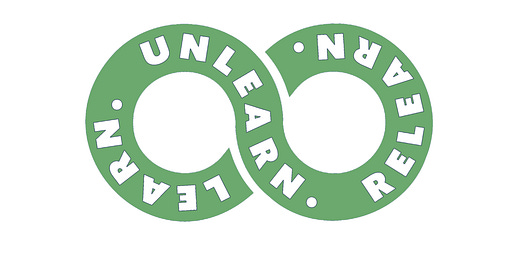


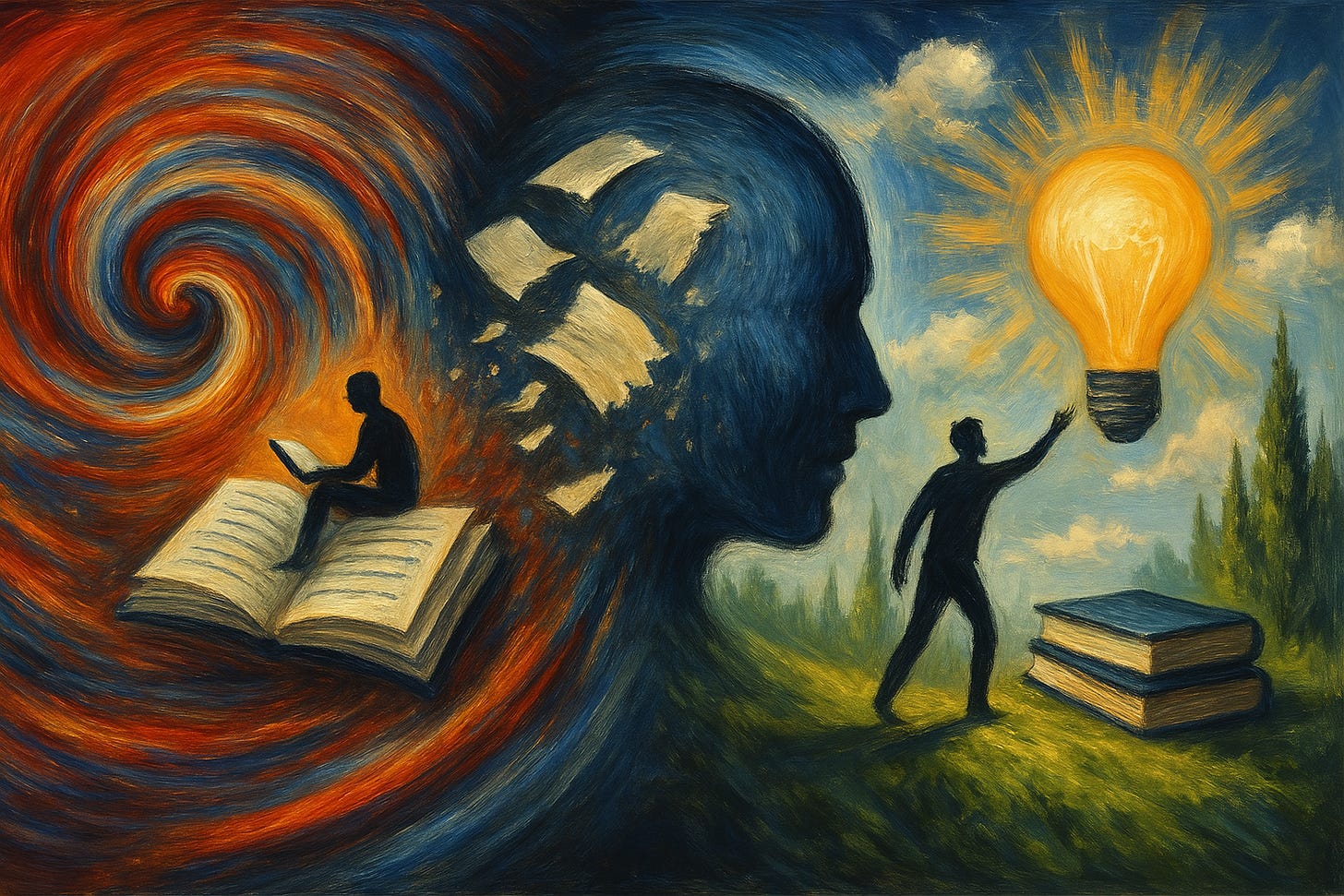
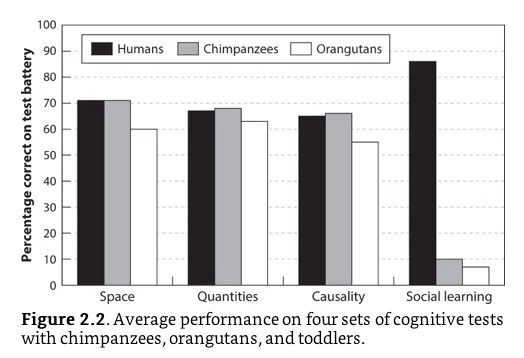
![Knowledge [Transfer] is Power](https://substackcdn.com/image/fetch/w_140,h_140,c_fill,f_auto,q_auto:good,fl_progressive:steep,g_auto/https%3A%2F%2Fsubstack-post-media.s3.amazonaws.com%2Fpublic%2Fimages%2Ff631bd48-9504-44e1-adc8-5ef6331e9f97_1280x534.jpeg)


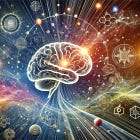
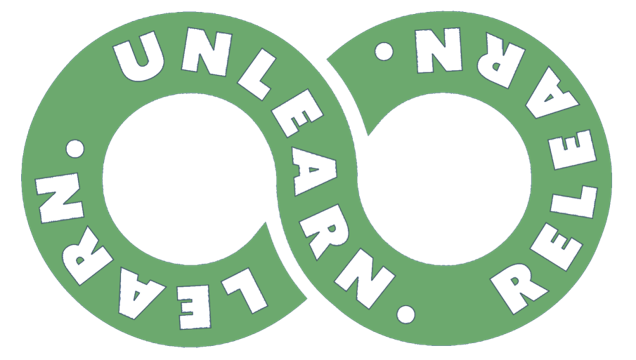
I love this article! I’ve found that those who do not share their knowledge (especially in the workplace) are believed to either be an info hoarder (someone who hoards info because information is power, and they want to keep the power as leverage) or they just don’t know anything useful. Either way they become a non-asset, and are not the person people seek out for help. Eventually they become so useless that they are no longer needed. Whereas, the person who shares what they know becomes the “go to” resource, the answer person, the “fixer”. They become so valuable that they are rarely on a RIF list, and they are given many golden opportunities. Sure, they may be plagiarized from time to time, but it rarely reduces their value as an asset. Sharing information inspires others to do the same thing. That’s what you’re doing, that’s what I do, and it works quite well. Good article! Keep writing!
Excellent.
I have come across two types of unlearning: fixing mistakes made when not preparing thoroughly enough; and realising that what one previously learned was not 100% accurate because one could not have understood the nuances earlier. They require slightly different adjustments.